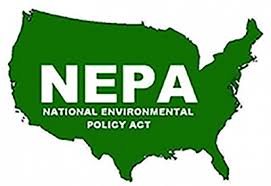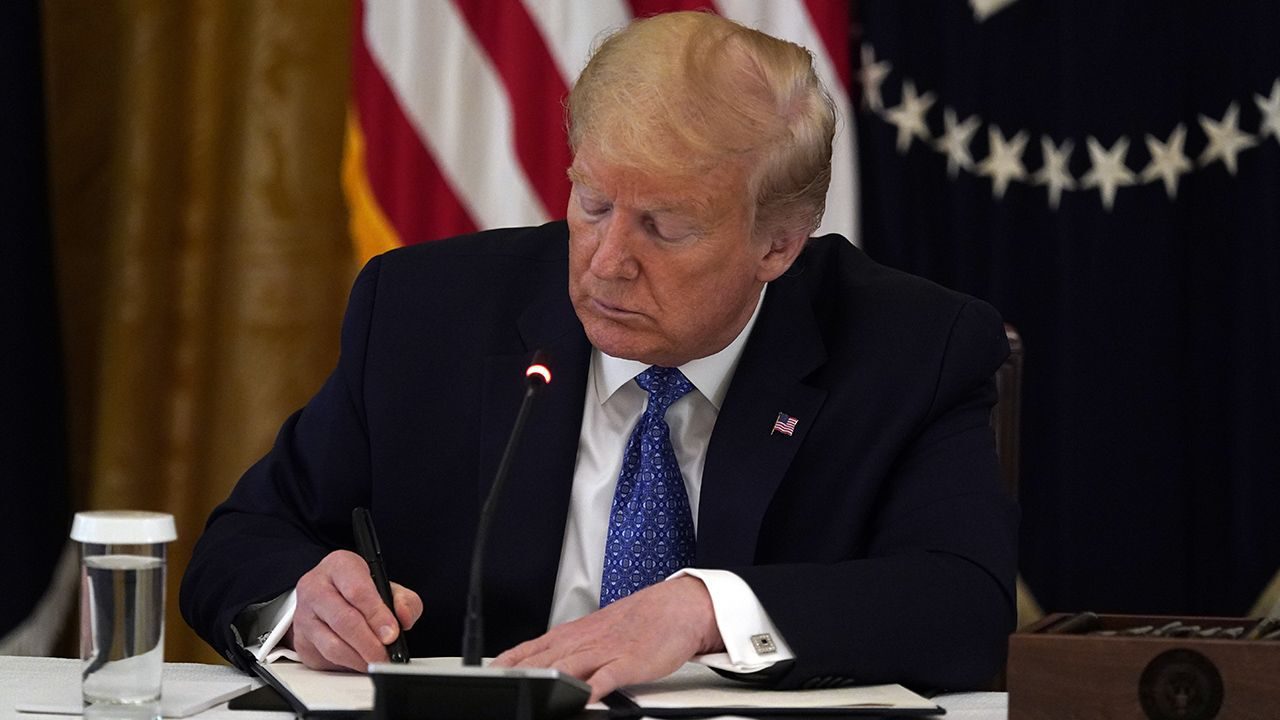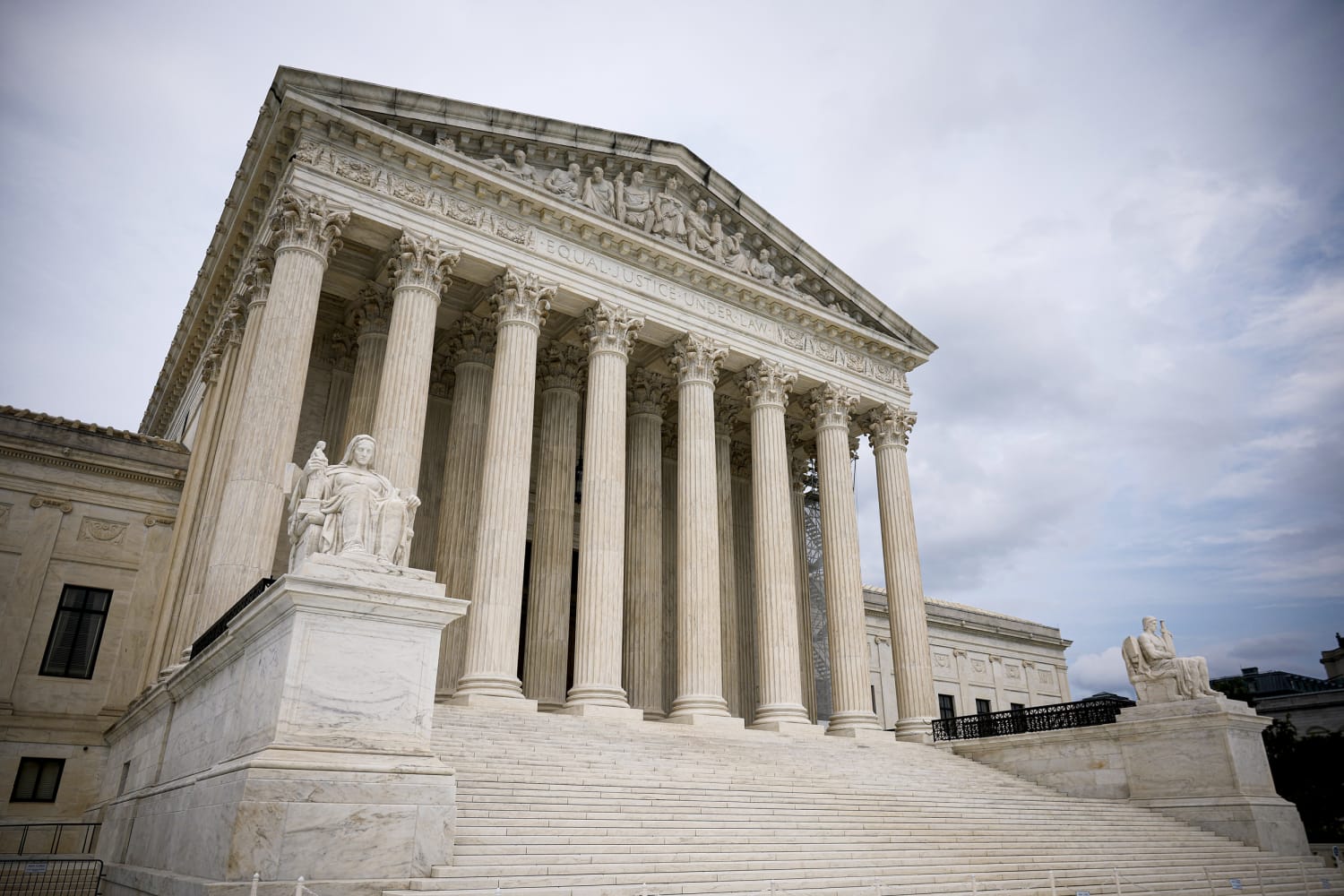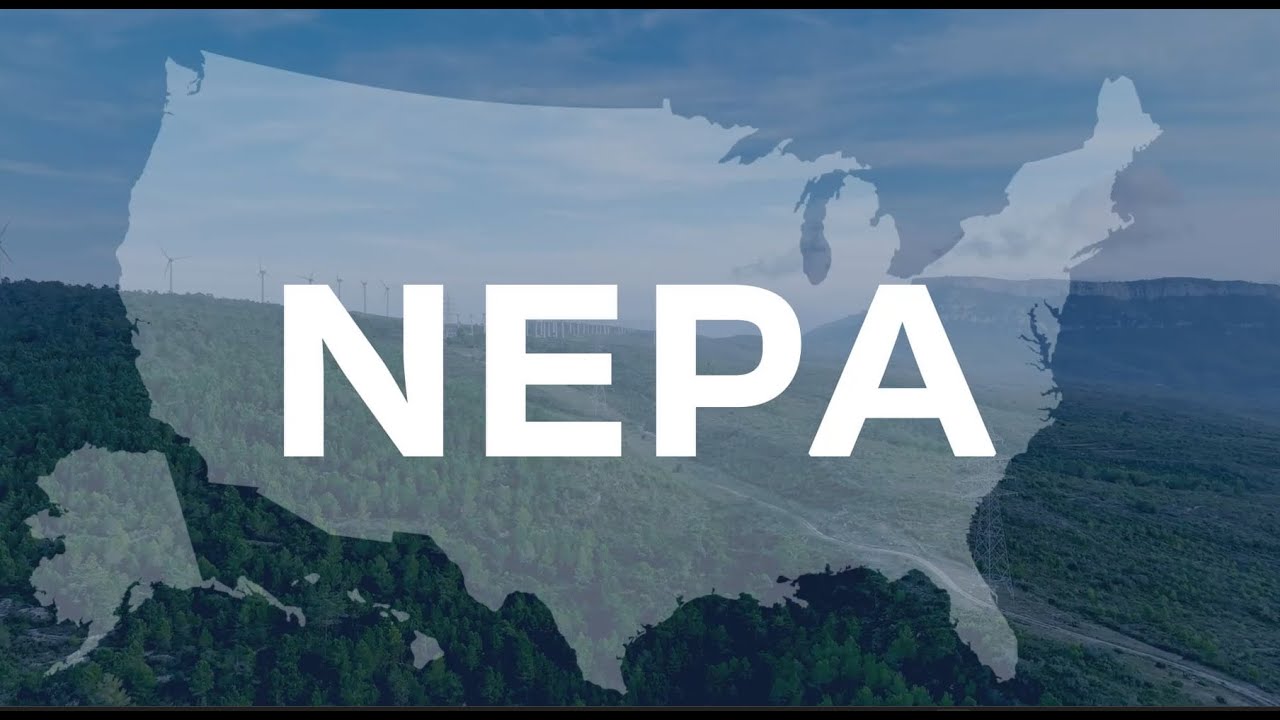administrative law
The Decline and Fall of the “Regulatory Czar”
Now, the office doesn’t even have a home page, and its boss is lawyer who faces possible disbarment.
OIRA, the White House Office of Information and Regulatory Affairs, was known as “the most powerful agency you’ve never heard of. That was only three years ago. Under Trump, however, OIRA seems to have become a minor subdivision of the Office of Management and Budget run by Russell Vought. The main purpose of the office was to oversee the use of cost-benefit analysis by regulatory agencies. The Trump Administration has all but abandoned this analytical tool by refusing to quantify regulatory benefits, so it’s now cost-benefit analysis. As a result, OIRA seems to be adrift. One sign of this declining importance is that it’s hard to even find the name of the person running the office.
CONTINUE READINGWhat Critics of the Unitary Executive Missed
This conservative theory has damaged democracy in unexpected ways.
You would think that some of the conservatives on the Supreme Court would start to see that their ideas about how to run the government are flawed. Sadly, there’s no evidence that they’ve seen the light. It’s true that they seem to be willing to make an ad hoc exception for the Federal Reserve, showing the truth of the saying that everyone’s scared of the bond market. But other than that, they seem happy to allow a single person’s whims to control the government. We’re going to need to figure out some new approaches if we want to have a government that implements in the law in a rational, even-handed way.
CONTINUE READINGNEPA and Democracy
The Trump Administration is at war with transparency and public input.
The Administration is out to limit public oversight of government actions that, taken alone or as a group, will have major environmental impacts – notably, oil production, coal mining, nuclear reactors, and pipelines. Congress will also have less visibility into these important decisions. People are often impatient about procedures that slow decision making, sometimes properly so. But the solution is not a secretive decision-making process. If it’s true that democracy dies in darkness, it’s also true that ugly things rawl out of the woodwork when the lights are off.
CONTINUE READINGWhat’s So Special About NEPA?
Guest contributors Dinah Bear and Niel Lawrence argue that the National Environmental Policy Act process provides unique and wide-reaching benefits.
Attacks on our federal environmental charter, the National Environmental Policy Act, or NEPA, have escalated from seeking the statute’s truncation to its outright abolition. Increasingly bandied about is the claim that while all well and good when passed in 1969, NEPA is now superfluous because we have a whole series of other laws protecting specific resource and places. This ill-founded contention misses what is unique about NEPA and why we benefit from it, today as much as ever.
NEPA is our one, full-spectrum, nationwide mechanism for getting agencies to use their discretion better. Other, resource-specific,federal environmental laws are prohibitory, setting minimum protective standards as a floor under agency discretion. They provide a basic “thou shalt not” for individual resources and values. NEPA’s focus is on the positive, the field of possibilities, not what agencies have to avoid but rather on how to do best what they can do—over and above those often bare-bones minimums. As applied, if well and conscientiously implemented, NEPA equips and nudges agencies toward decisions that are smart, well-informed, and responsive. In so doing, it confers three critical benefits on the public.
Science and Democracy
The scientific process is crucial for a well-functioning democracy.
Beyond its utility, science also models some important features of democracy. It aspires to a marketplace of ideas in which everyone with the needed background knowledge can participate, and in which conclusions are based on debate and data rather than power. As a recent D.C. Circuit case illustrates, the law calls on government agencies to make decisions in the same, considering all the scientific evidence and arguments, then providing a reasoned explanation for its decision.
CONTINUE READINGTrump’s Baffling Free Pass for Coke Oven Pollution
Even for the Trump Administration, this seems really weird.
Trump just gave coke ovens a free pass for their toxic air pollution. What makes this so weird is not Trump’s reversal of a public policy protecting public health or of an action taken under Biden. Both of those are routine these days. Nor is it weird that Trump did so without the slightest factual basis. That’s also par for the course these days. What is weird is doing this after Trump’s own EPA director, who has no evident scruples about favoring industry, said no. There is no indication Trump was even aware of this fact. And it is even weirder, in that industry didn’t have a compliance problem in the first place and would save only pocket change from the postponement.
CONTINUE READINGTurning Conservative Legal Theories Against Trump
Is the risk of legitimizing bad ideas worth it? Maybe so, under the circumstances.
Conservatives have been obsessed with the idea of a runaway federal government crushing everything in its path. They’ve been successful in promoting ideas to rein in Leviathan, at a time when by our lights the government actually was behaving very reasonably. But now we really do have a rampaging federal government. Conservative ideas could be very useful tools right now, and we shouldn’t hesitate to use them.
CONTINUE READINGThe Tariff Case & Environmental Law
The Court’s ruling could open doors legally for some future environmental actions.
In passing a new statute, is Congress endorsing judicial rulings under the old one? Do restrictions on the regulatory powers of administrative agencies apply to foreign affairs or Presidential actions? Can courts review a President’s emergency actions? The oral argument in the Trump tariff case will provide clues into the Justice’s thinking on these key issues. The ultimate decision will have implications on other topics like environmental law. Here’s a roadmap to the issues.
CONTINUE READINGReinventing NEPA
What do we really want NEPA to do? And what’s the best way to do it?
Imagining reform legislation from Congress is difficult, but it’s worth imagining, if only as a thought experiment, how we could do better. I would suggest we start by asking what we can expect NEPA to accomplish after fifty years of judicial decisions and agency practice – and whether there are better ways of accomplishing those things.
CONTINUE READINGThe Forgotten Constitution
There’s a lot more than the “executive power” in there.
To hear Trump & Co., you might think that the Constitution was one sentence long, with that sentence vesting the executive power in the President. That’s the theory behind his efforts to remake the government – including environmental regulation – single-handedly. But there’s a lot more in there. Much of that forgotten language is directly relevant to the presidential actions that are now shaking the government, including environmental governance.
CONTINUE READING













